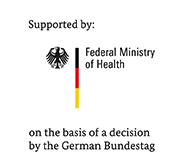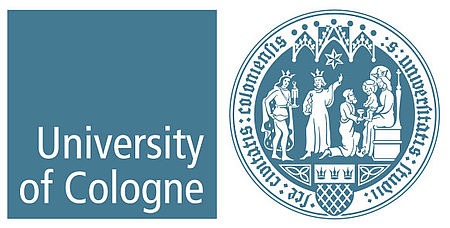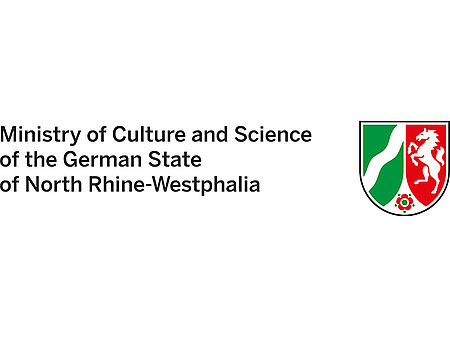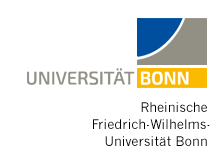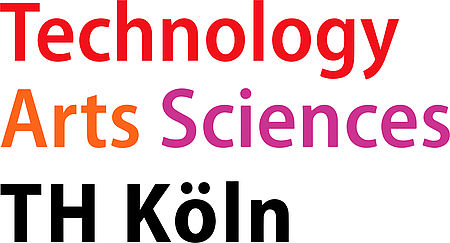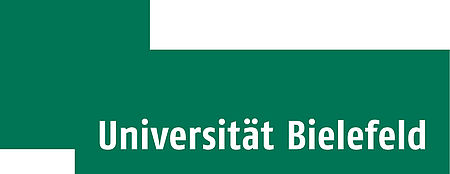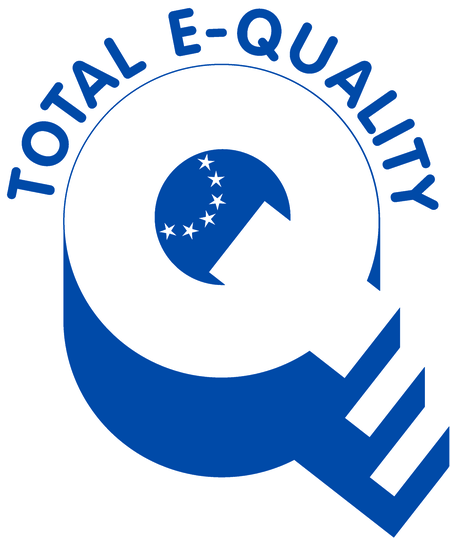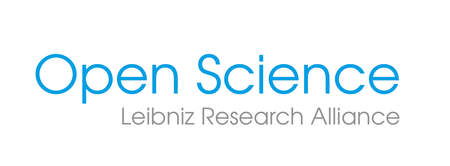Actively shaping the digital revolution
With stocks comprising more than 1.6 million items of print, digital and other media, ZB MED has steadfastly pursued its role as a national information centre by building up the world's biggest library holdings in its subject combination of medicine, health, and nutritional, environmental and agricultural sciences. To prepare itself for future challenges, ZB MED intends to increase its stocks by adding additional forms of electronic publications and providing more resources in the digital arena. "Our customers are looking for rapid access to digital content," says Ulrich Korwitz, Director of ZB MED. "The vision of the future for science and research is clearly paperless," Korwitz continues. Up until now the digital delivery of content has primarily been hindered by old license models which prevent libraries from making certain journals available online outside specified regions. ZB MED therefore intends to step up its activities in the field of licensing. It will do this in collaboration with institutions such as the Leibniz Association and the Leibniz Library Network for Research Information, Goportis. It is also aware of the importance of developing licence models which allow full texts to be used for text mining analyses beyond regional borders.
A further strategic goal of ZB MED is to strengthen the open access scheme which supports free access to research results. ZB MED itself provides some very successful open access publishing channels including the GMS publishing platform and the Specialist Repository for Life Sciences, as well as projects such as the Living Handbooks platform which promotes the joint creation of handbooks and manuals. ZB MED also offers a comprehensive publishing advice service which aims to steadily build up useful networks. ZB MED plays an active role in the open access movement and open access policy-making by actively participating in open access workgroups, organising conferences and helping to set standards. ZB MED will be continuing to extend and develop these activities in the future.
Filtering vast quantities of scientific and academic data can be a huge challenge, so ZB MED will be providing even more support to its customers in this area. The library and information centre will be investing even more resources in its own applied research programmes, including establishing two professorships in the field of computer science and media and providing support for doctoral students, dissertations and master's theses. "By integrating research into ZB MED's activities we are seizing a great opportunity to prepare our organisation for the challenges that lie ahead," says Ulrich Korwitz.
Successfully implementing the 'Strategy 2020' initiative will require input and collaboration from all ZB MED's employees. The library and information centre has also set itself the task of becoming a learning organisation which has a clear mission, vision, principles and, of course, a clearly formulated strategy – in other words an overarching philosophy which employees can turn to for guidance. "This comprehensive package of measures will help us evolve into an even more prestigious centre of knowledge sharing in the field of life sciences. It also reinforces our contribution to maintaining and enhancing Germany's status as a key player in the worlds of academic research and business," says Korwitz, summing up the objectives of the new strategy.
Find out more about the ZB MED Strategy 2020 (in German)
Background information: Strategic development at ZB MED
The basis for developing the new strategy was a major market and target group study, the results of which have recently been published. These results were used to divide the services offered by ZB MED into three main product groups: "Search & find", "Process & prepare", and "Publish & disseminate". The study also provided ZB MED with detailed information on its own target groups, which comprise scientific researchers, librarians and academics as key disseminators and multipliers as well as students in the life sciences arena.
See the results of the market study: http://dx.doi.org/10.4126/zbmed2014001

